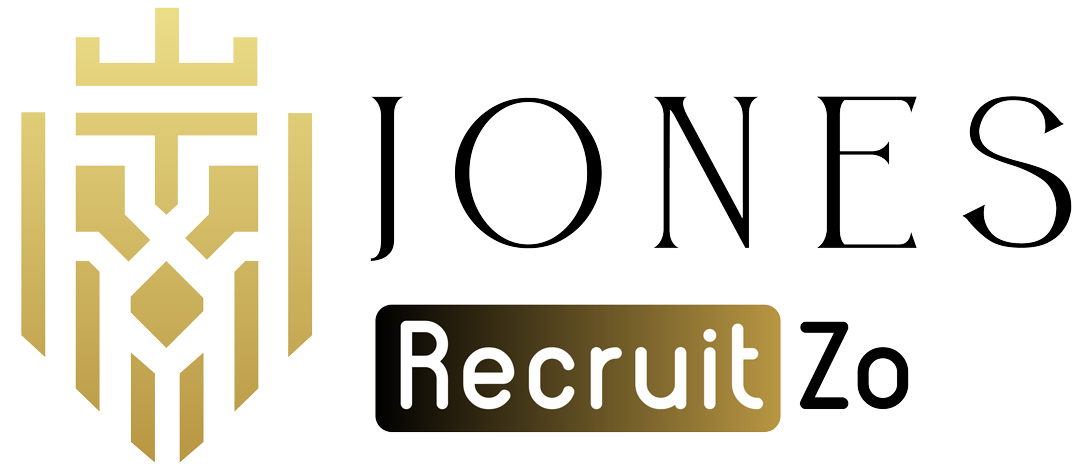What is HR Operations?
HR Operations is a critical function within the human resources domain, ensuring the smooth execution of day-to-day HR activities. Transformation involves treatment. These are elements of the higher designation category about whole HR operational processes. HR Operations refers to an indispensable function of managing the human resources domain.
Its execution imparts effectiveness and speed of performance about everyday HR activities. A lot of administrative and related operational processes emanate from supporting workforces to align HR policies with the business goals. HR Operations maintains its face in a typical way; responsibilities of the entire HR family are accomplished in ensuring sufficient input for the employee to smooth internal processes.
It manages everything from the management of employee records to compliance with labour laws, purporting all HR-related organisational processes to run smoothly. Truly worth it, though: understanding HR operations is a valuable perspective for any organisation that wants to produce a functioning workforce.
Key roles & responsibilities of HR Operations

The HR Operations role and responsibilities cover a wider portfolio within the definition, all of which ensure that human resources practices meet organisation objectives along with the needs of the employees. The following are the major roles and responsibilities within HR operations:
-
Payroll Management
Payroll management is an HR operations pillar site. The payroll management of an employee means calculating salaries, processing Employee benefits, and paying employees, from the standpoint of the employee properly paid on a set date. HR Operations emphasises that compliance must prevail along with the relevant tax law deductions as well as how tax discrepancies were handled. The operational side of the HR manager, therefore, involves overseeing payroll systems to ensure that they function appropriately and regulatory standards are met.
-
Compliance and Legal Responsibilities
HR Operations perform one of the most crucial roles in compliance with all labour laws and employment regulations. This entails ensuring adherence to workplace safety laws, anti-discrimination as well as other requirements under the law. It also includes audits with correct documentation and advice to management with respect to changes in the legal status. Operationally, the HR manager would typically be responsible for ensuring that the organisation fulfils all the preventive steps in shielding it against any legal risks and all major regulatory changes.
-
Recruitment and Onboarding
HR Operations plays a strong role in recruiting and onboarding the employees into the institution. This involves making job postings, sourcing candidates, and finally, organising interviews. The entire process of onboarding an employee after being selected is carried out by HR Operations, providing all the necessary training and documentation. The operational part in the recruitment of HR managers involves working with hiring managers to meet the staffing needs efficiently.
-
Employee Records Management
HR Operations manages proper and current employee records. This means personal details, job roles, performance evaluations, and benefit information. Proper record management ensures compliance with data protection laws and better decision-making of the company.
-
Employee Relations and Engagement
One of the core responsibilities of the HR operations is to build strong relations with employees. This entails addressing employee concerns, creating favourable working conditions, and mitigating workplace conflicts. HR Operations also works closely with management in trying to develop engagement strategies that improve employee morale and subsequently productivity.
-
Training and Development
HR Operations is entrusted with the training and development programs of the employees in the institution to get the required skills for achieving the organisation’s goals. This will involve the identification of skill gaps, the organisation of their trainings, and the tracking of employee progress. The operational role of HR manager includes linking the training initiatives with the strategic goals of the organisation.
-
Off boarding
Offboarding is a critical but often overlooked aspect of HR operations. This includes conducting exit interviews, ensuring a smooth handover of responsibilities, and processing final settlements. Proper offboarding processes help maintain positive relationships with departing employees and protect the organisation’s reputation.
Key Goals of HR Operations

HR Operations pursues two objectives: managing daily routine functions and contributing to wider organisational goals. Some of its main objectives are as follows:
-
Enhance Employee Experience
One of the primary objectives of HR Operations is to increase the employee experience. This means putting in place effective channels to support employees quickly while making them feel valued. This makes it easy for them to have a seamless experience, which boosts morale and productivity.
-
Supports Business Growth
HR Operations primarily enables business growth by ensuring that the organisation acquires talent and has processes in place, which could as well stretch to manage the changing needs of the company. Recruiting, training, and performance management are aligned with the strategic growth objectives.
-
Implementing and maintaining HR best practices
Implementing HR best practices has been a big goal for HR Operations. This means standardisation of processes, adoption of new technologies, and ensuring all HR activities are implemented in the most efficient manner. Best practices help consistency and compliance.
-
Building a sustainable organisation
HR Operations becomes a part of building a sustainable organisation because, in its entire process, it takes into account the long-term objectives for the sustenance of the value-driven organisation in the future, like positive workplace culture and diversity and inclusion, as well as employee satisfaction. Sustainability is thus balanced with the needs of the organisation and the welfare of the employees.
What is the difference between HR management and HR operations?
HR management must be separate from and yet directly interconnected with HR operations. While HR Management would address the strategic functions of the institution, such as talent acquisition, organisational development, and long-range planning, HR operations would deal with routine administration and operationalisation.
The employment operation, then, between strategic and operational HR defines the function of the HR manager-one that changes the strategy into processes through which practicable goals are realized. Understanding the wider context of HR Operations helps individuals understand its unique niche in the HR continuum.
The conclusion is that HR Operations is the major function the organisation has to give to all employees through the management of its core processes and legal compliance. Central to all this is the operational role of the HR manager performing functions that ensure strategic objectives are met with operational efficiency. If mastered in the roles and responsibilities, HRO would highly facilitate organisational success.
FAQs
1) What is HR Operations?
HR Operations is defined as all activities and processes in the human resources that include employee management compliances within their roles. For all of these, it must include payroll management, legal compliance, recruitment and appointment processes, as well as employee relations. These operational features are designed to give a human face to an efficient, compliant, and productive workplace. The operational arena in which the HR manager plays a central role is in ensuring that the overall process is aligned through those organisational goals.
2) What are the main goals of HR operations?
HR operations should have objectives such as improving the employee experience, ensuring support for business growth, and best practices in HR. Enhancing efficiency in processes through which an HR function operates would enable this contribution toward employee satisfaction and supporting a sustainable organisation. Thus, with these goals, HR operations will drive employees to produce a workforce adaptable to the long-term interests of an organisation at stake.
3) What are the roles & responsibilities of HR operations?
The vital roles and responsibilities of HR operations involve payroll management, legal compliance, recruitment and onboarding procedures, record-keeping for all employees, and enhancement of employee engagement. The training and development side of HR operations and the off boarding of employees are also part of HR operations. These are the activities that ensure a seamless workflow through compliance with the law and a good working environment.
4) What is the difference between HR management and HR operations?
HR management focuses on strategic initiatives like workforce planning, leadership development, and talent acquisition. In contrast, HR operations handle the daily administrative tasks necessary to implement these strategies, such as processing payroll and onboarding new hires. While HR management is more strategy-orientated, HR operations focus on the practical execution of these strategies to maintain organisational efficiency.







